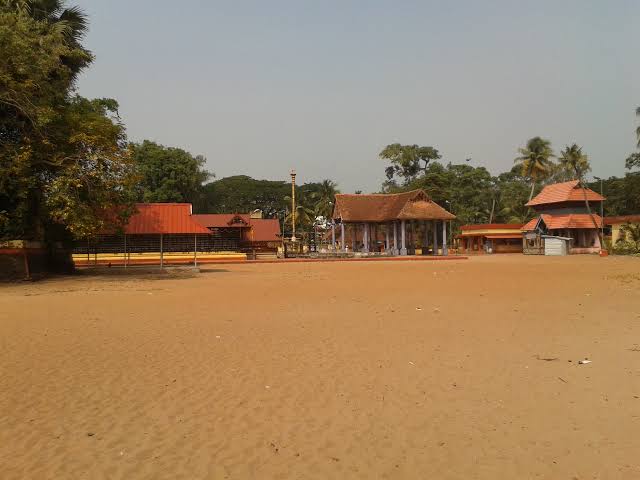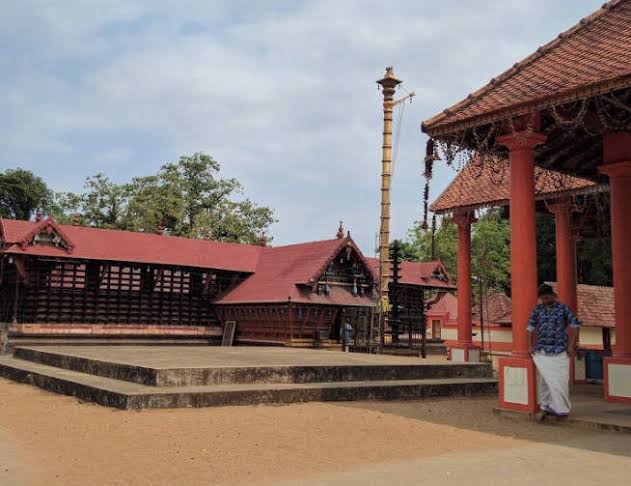Sorry, no he didn't. Because we lost: in general elections, European elections and local elections again and again and again. Despite the massive membership.
This is why I just don't buy that 'Corbyn changed politics'. He did his best, sure - but the movement didn't move anywhere, even under his watch.
It's strange, looking back, how much potential was wasted. And not just because of PLP sabotage either. All very sad.
On the plus side, the Corbyn years did feel like being part of a movement, a determined and united collective - I hadn't felt like that before as a party member! It's just that the movement didn't actually move anywhere.
— Rhian E. Jones (@RhianEJones) January 17, 2021
Sorry, no he didn't. Because we lost: in general elections, European elections and local elections again and again and again. Despite the massive membership.
How big is the Tory membership? It's a heck of a lot smaller than Labour's even now... yet look at their majority. Money still matters.
So we have to think differently, act differently (Starmer falls down on both at present) and combine activism and Parliamentary politics together.
You want a way to inspire activists and force meaningful change? That's how you do it.
It is equally astonishing that Starmer hasn't considered it either. Both represent betrayals of democracy
(1)
https://t.co/AtutUBLeXY
- The young
- The old
- The left
- Ethnic minorities
- Suburban voters (especially women)
- Independents
- Professionals
- Centrists
- Conservatives
- White working class men
- 2016 third party voters
- 2016 non-voters
And look at the result.
More from Politics
Michael van der Veen begins Trump's defense: "The article of impeachment now before the Senate is an unjust and blatantly unconstitutional act of political vengeance" pic.twitter.com/xRaZHEPIaC
— Aaron Rupar (@atrupar) February 12, 2021
Es wird argumentiert, dass Trump nur habe sicherstellen wollen, dass die Wahl fair abgelaufen sei. Die Verteidigung zeigt Clips einzelner Demokraten, die der Zertifizierung von Trumps Stimmen 2016 widersprechen. (Dass es 2016 keinen von Obama gesandten Mob aufs Kapitol gab?Egal!)
Die intellektuelle Unehrlichkeit ist so unfassbar, ich weiß kaum, wo ich hier überhaupt anfangen soll; so viele fucking Strohmänner auf einmal.
Die Verteidigung spielt random Clips, in denen Demokraten “fight” sagen, fast zehn Minuten lang. Weil Trump 20mal am 6. Januar “fight” gesagt hat. Dies ist kein Witz. Komisch, dass sonst die Folge nie war, dass ein Mob das Kapitol gestürmt hat und Pence hängen wollte
WATCH: Trump's defense plays nearly 10 minutes of clips showing Democrats using the word "fight," to defend Trump using the word "fight" about 20 times in his speech to supporters before the Capitol riot began https://t.co/YUg7sgxuDX pic.twitter.com/3eMNp7E2S2
— CBS News (@CBSNews) February 12, 2021
“Dieser Fall geht um politischen Hass” Ich mein, ja. “Die House Managers hassen Donald Trump.”
So close.
You May Also Like
Like company moats, your personal moat should be a competitive advantage that is not only durable—it should also compound over time.
Characteristics of a personal moat below:
I'm increasingly interested in the idea of "personal moats" in the context of careers.
— Erik Torenberg (@eriktorenberg) November 22, 2018
Moats should be:
- Hard to learn and hard to do (but perhaps easier for you)
- Skills that are rare and valuable
- Legible
- Compounding over time
- Unique to your own talents & interests https://t.co/bB3k1YcH5b
2/ Like a company moat, you want to build career capital while you sleep.
As Andrew Chen noted:
People talk about \u201cpassive income\u201d a lot but not about \u201cpassive social capital\u201d or \u201cpassive networking\u201d or \u201cpassive knowledge gaining\u201d but that\u2019s what you can architect if you have a thing and it grows over time without intensive constant effort to sustain it
— Andrew Chen (@andrewchen) November 22, 2018
3/ You don’t want to build a competitive advantage that is fleeting or that will get commoditized
Things that might get commoditized over time (some longer than
Things that look like moats but likely aren\u2019t or may fade:
— Erik Torenberg (@eriktorenberg) November 22, 2018
- Proprietary networks
- Being something other than one of the best at any tournament style-game
- Many "awards"
- Twitter followers or general reach without "respect"
- Anything that depends on information asymmetry https://t.co/abjxesVIh9
4/ Before the arrival of recorded music, what used to be scarce was the actual music itself — required an in-person artist.
After recorded music, the music itself became abundant and what became scarce was curation, distribution, and self space.
5/ Similarly, in careers, what used to be (more) scarce were things like ideas, money, and exclusive relationships.
In the internet economy, what has become scarce are things like specific knowledge, rare & valuable skills, and great reputations.





















